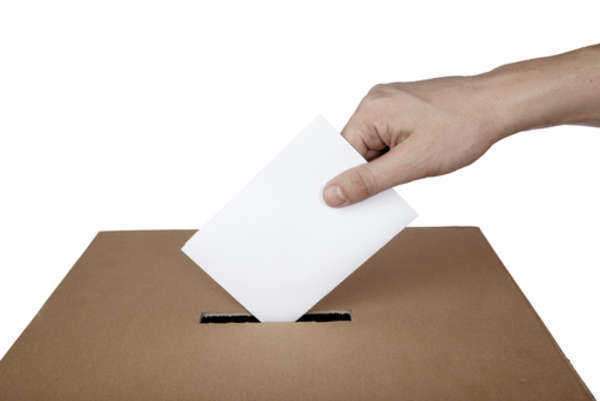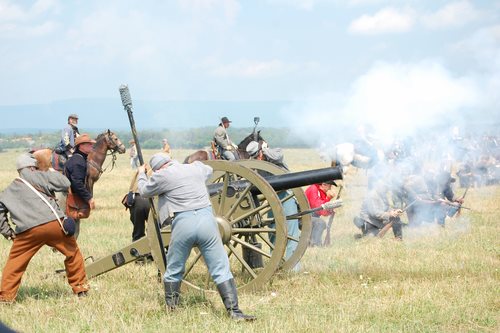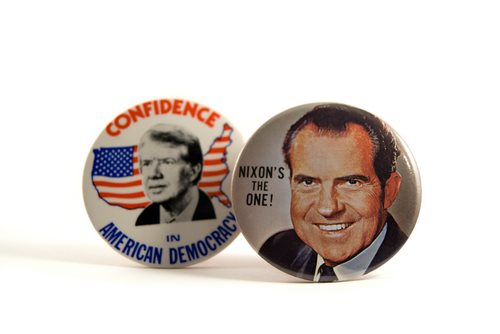1960 Presidential Election
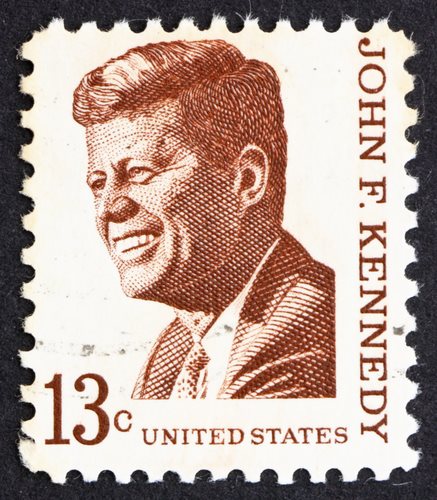



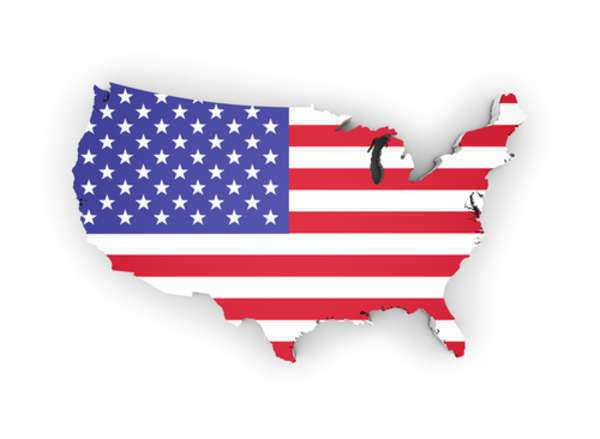
The 1992 presidential election was based on several key issues. Public perception was that Bush had broken many promises to the public, including the fact that he raised taxes after promising that he would not. The other candidates in the race were Ross Perot, an independent and Bill Clinton, a democrat.
There was a recession in the United States and people were looking for a candidate that could bring the economy back to where it had been. The recession meant many people lost their jobs and most of the country was struggling financially. Many people blamed the problem on Bush, in addition to remaining angry about his raise in taxes.
Despite the country being unhappy with some of Bushes policies, he still remained popular. Yet, Bill Clinton was doing well in election poll results testing. Despite the scandal that Clinton had been accused of an affair by Jennifer Flowers, his popularity remained after he appeared on television with his wife to deny the allegations.
The Election poll results at one point in the race, would have declared Perot, the independent candidate as the winner. However, Bush later appeared to clinch the lead and many thought that he would win the 1992 Presidential election. Perot dropped out, fearing that the race would be determined by the house of representatives, because the election poll results would be too close. President Bill Clinton was elected.


The 1984 presidential election included a race between Ronald Reagan and the democrat, former Vice President Walter Mondale. Reagan was enjoying popularity as the economy continued to recover. Mondale supported many liberal ideas.
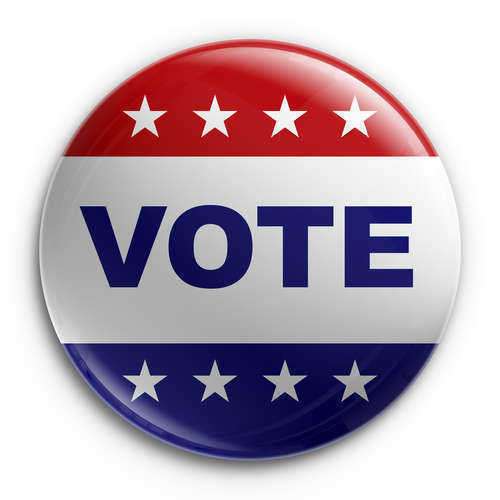
The 1988 presidential election included open primaries for both major political parties. Reagan was unable to run again, as he had already served the allowable two terms. However, Reagan's vice president, George Bush, won the Republican nomination. The Democratic nomination was won by Michael Dukakis.
Bush had many positives in his campaign. He had been a part of the plans which brought about a better economy, including more jobs and stable income for many families. He was also credited with helping Reagan to avert wars and the United States was enjoying a peaceful time with no war conflicts. The popularity of Reagan helped to bolster Bushes popularity, as he was closely associated with the President.
There were many controversies during the campaign, including one in which Joe Biden was forced to drop out of the race after the Dukakis campaign released a tape which showed Biden plagiarizing a speech. It was later determined that he gave credit for the speech in every other case.There were also debates about elitism, between the Universities attended by the presidential candidates. In fact, there was great deal of arguing about Harvard and Yale, during the campaign.
In the end, the country chose the candidate that had the most experience, one they believed they could trust. Bush was the first Vice President incumbent to win the presidency in over one hundred and fifty years
